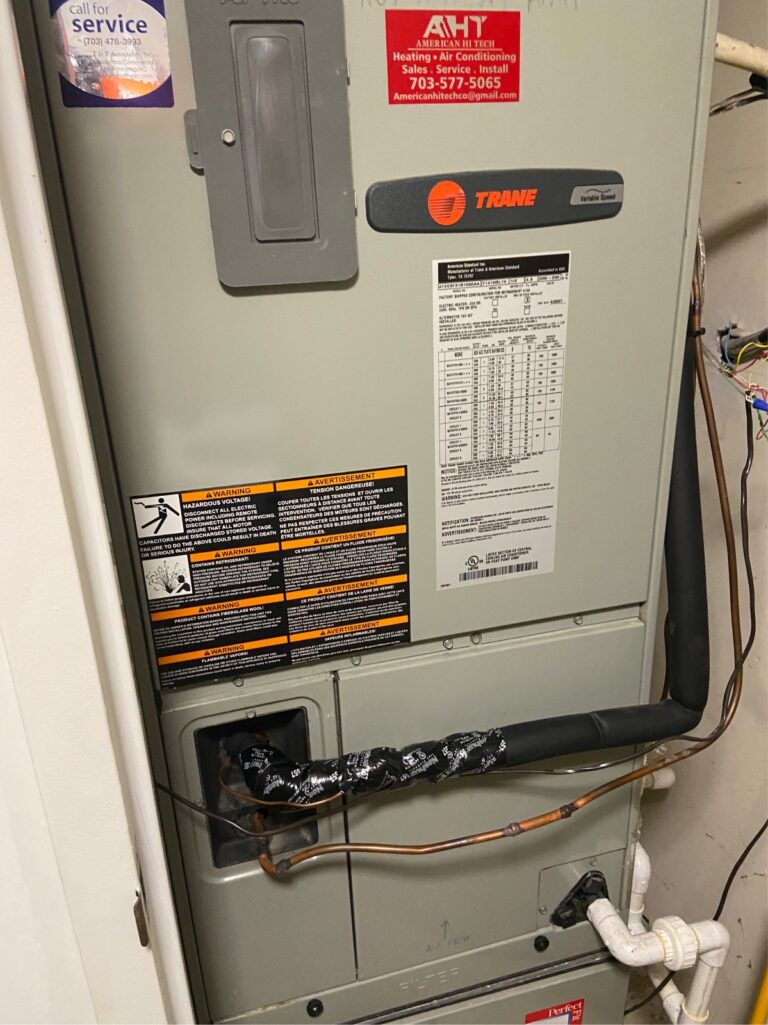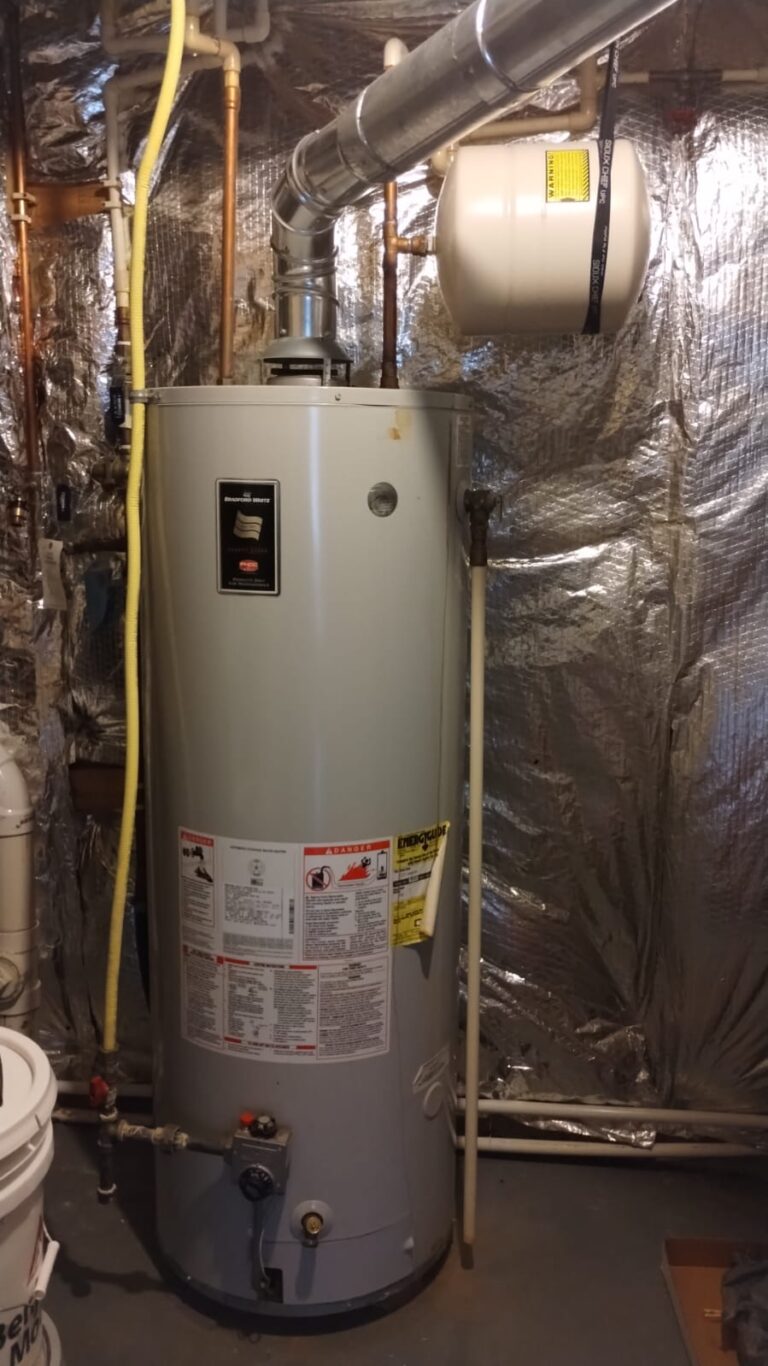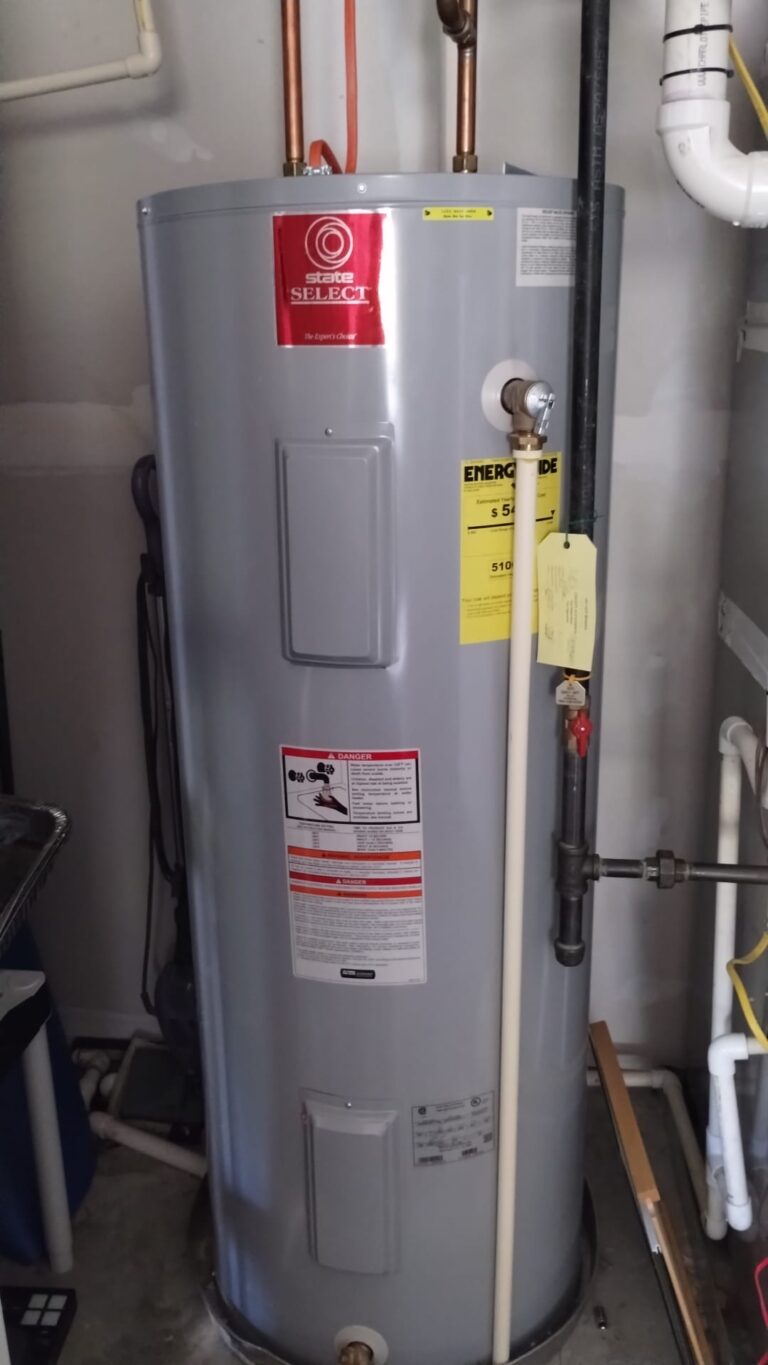Why is my Air Conditioner Leaking Water inside the Apartment
Exploring Smart Home Integration for Air Conditioning
Having a water leak inside your home can be a significant inconvenience, despite the fact that an air conditioner is a vital appliance during the summer. By turning off your air conditioner, you can prevent severe water damage and the potential for electric shock. Next, contact Cool Breeze Services or another HVAC contractor if your air conditioner leaking water. Some potential causes for a water leak in your air conditioner will be discussed in this article. In order to prevent water damage and maintain the efficiency of your air conditioner, it is vital that you comprehend the cause of this phenomenon.
How and Why Water Forms in Your Air Conditioner
Indoor and outdoor units comprise the majority of modern air conditioning systems. The interior unit is equipped with an evaporator coil, which produces a comfortable internal temperature by evaporating warm air as it passes over it.
Coil condensation initiates as heated air passes over the coil. Consignation occurring within the evaporator coil is analogous to the formation of particles on a chilled glass of water.
A drain basin empties moisture into a condensate drain line as the moisture evaporates. As this line exits the residence, concerns regarding air conditioning leakage within the home are ideally absent.Although instances of water leakage within the residence may occur due to the air conditioner, there is no cause for alarm. Ascertain several potential causes for this occurrence and devise a solution.

Clogged Condensate Drain Line or Rusted Pan
Rusty condensate pans and clogged condensate discharge lines are both potential causes of water in an air conditioner. An insect, grime or even a soiled evaporator coil may obstruct your discharge line. Water leakage will occur if the drain conduit becomes obstructed or if the pan becomes overflowing with water. This issue can only be resolved by replacing the pan or cleaning the discharge line. You may require the assistance of a professional to unclog the drain if the obstruction is more advanced.
Dirty or Clogged Air Filter
Dirty or obstructed filters are among the most frequent causes of water accumulation in air conditioners. Filtering dust and grime from the air becomes impossible when the filter becomes clogged. Consequently, water will eventually trickle into your home as the air conditioner is forced to operate at a higher efficiency, producing additional condensation. Regularly replacing your air filter will help prevent this issue. An air conditioner that operates inefficiently and incurs higher energy costs may also be the result of an obstructed air filter.
Your AC is Low on Refrigerant
The pressure within your air conditioning system decreases in proportion to the volume of refrigerant. A damp mess may also result from the freezing of the evaporator coil.
Conduct a refrigerant level check if you observe that your air conditioner is failing to effectively cool your home. A further indication of a potential breach is the presence of an unusual hissing or bubbling sound.
Potentially reparable if a breach is detected and contained promptly. You may be required to purchase an entirely new unit if this is not resolved.
Conduct routine inspections of your HVAC system to avert the occurrence of these issues. To prevent leakage and other complications, a comprehensive inspection should ideally occur at the onset of each summer.
Wrongly Installed Condensate Trap
Inappropriate installation of the condensate receptacle is an additional potential source of water in the air conditioner. Inadequate installation by the contractor or gradual dislodgement of the component are potential causes of this issue with your air conditioner. Water may cause damage to the indoor unit if the trap fails to function properly, allowing water to seep back in. A bucket of water poured down the drain conduit can be used to visually inspect a condensate trap that you suspect may be malfunctioning. The trap is functioning properly if water exits through the opposite end. Calling a professional to repair it may be necessary if it fails to do so.
Frozen Evaporator Coil
A frozen evaporator coil may also contribute to water accumulating in an air conditioner. Water ultimately drips from the device when the coil is unable to effectively cool the air due to freezing. This results in additional condensation. Due to insufficient refrigerant, an evaporator coil that is solid may develop. Ventilator clogging Defects in airflow In addition to ensuring that the refrigerant levels are accurate, you must ensure that the evaporator coil is adequately insulated to prevent chilling. Additionally, ensure adequate airflow through the device and that the air filter is clean. Calling a professional may be necessary if you are unable to resolve the issue on your own.
Other Reasons Why Your AC May Leak Water
A faulty compressor or a problem with the wiring are two additional potential causes for water leakage in your air conditioner. Whenever possible, have a professional inspect your unit as soon as possible if you are unable to locate the source of water leakage. They are capable of identifying the issue and providing the necessary assistance to restore functionality to your air conditioner.
So, now that you know some of the reasons why your air conditioner might be leaking water, what do you do? The best thing to do is to call a professional. They will be able to find the cause of the problem and help you fix it. And, if it’s something that you can fix yourself, they will be able to guide you through the process.
Is There a Risk in Water Leaking From My Air Conditioner?
It is hazardous to the structure and occupants of your residence to have water leakage from your air conditioning unit. It is therefore critical to attend to the matter promptly. Health issues, including the development of mold and mildew, can result from an excess of moisture in the home. Furniture and other household items may also be harmed. Respiratory issues, nausea, migraines, and asthma attacks are among the health complications that can result from mold exposure. When you observe water seeping from your air conditioner, it is crucial to act for the aforementioned reasons. Investigate the source of the issue and have it repaired without delay by taking the required actions. You can ensure the security and comfort of your property throughout the entire summer.
What Should Be Done in the Event of a Water Leak from Your Air Conditioner?
A few actions can be taken in the event that your air conditioner is leaking water. Begin by turning off and unplugging your air conditioning unit. Schedule an inspection of the appliance by a professional thereafter. They are capable of identifying the source of the issue and providing assistance in its repair. They might advise you to replace components or the entire unit in certain instances.
Detailed instructions for each stage are provided below. Avoid making use of your air conditioning unit. It is advisable to abstain from using your air conditioner until the issue is resolved, even if it is operational. Preventing additional injury and maintaining a dry environment will be the results of this.
Unplug and turn off your air conditioning system as soon as you detect any indication of a water leak. Request an inspection from a professional. Call in a professional to inspect your air conditioner after you have turned it off. A problem diagnosis and solution proposal will be within their capabilities. They might advise replacing components or the entire system in certain instances.
Clean up the Area
Maintain a sanitary environment around your air conditioning unit prior to the arrival of the HVAC technician. Such expediency will facilitate the process of diagnosing and repairing the problem. Incidents such as slides and falls will also be averted. Furthermore, furniture and other household objects may sustain damage if the leak is allowed to continue. Implement suggested solutions and make a move.
In conclusion, it is imperative that you have your air conditioning unit repaired immediately if the technician identifies a problem. It will cause less damage to your property and family the sooner you deal with this. Additionally, by acting immediately, you can prevent the need for more expensive restorations in the future. Install a new system or replace components in accordance with the suggested procedures.
Say Goodbye to a Leaking AC
Self-repair may be possible if you are aware of the symptoms to consider when your air conditioner begins to discharge water. Contact the experts at Service Champions for expert AC repair if you are uncertain as to the source of the leakage. Most leakage in air conditioners can be easily repaired with the proper diagnosis, prior to their escalation. Fixing the problem will allow you to maintain a comfortable, leak-free residence throughout the summer in the majority of cases.
Our Professional HVAC Technicians Can Help Resolve Leaky AC Problems
A leaky air conditioner is invariably an undesirable occurrence. This typically indicates a malfunctioning component of the device that requires assistance. Calling a professional is advisable if you are unable to determine the source of water leak issues. Large and minor AC problems alike are no longer beyond the expertise of the technicians at Cool Breeze Services. Your air conditioner will be operational once more without delay. Call us today at (877) 368-4822.
FAQs
Q1: How do I stop my air conditioner from leaking water?
A1: Make sure your air conditioner is installed correctly and receives routine maintenance to stop water leaks. Examine your air filters for debris, low refrigerant levels, and clogged drain lines. Take quick care of any problems you find.
Q2: Can I still use my AC if it’s leaking water?
A2: If your air conditioner is leaking water, it’s not advisable to keep running it because this could cause more damage and pose a safety risk. To identify and resolve the issue, turn off the device and speak with a qualified expert.
Q3: Which is the main reason for water leakage in AC?
A3: Clogged drain lines, unclean air filters, low refrigerant levels, and shoddy installation are typically the main causes of water leaks in air conditioning units. Water leaks can be avoided by recognizing and fixing these problems.
Q4: How do I stop my AC vent from leaking water?
A4: Make sure the AC unit is correctly fitted and maintained before attempting to halt the water leak. In order to avoid condensation buildup, make sure there is enough insulation surrounding the vents, clean or replace any filthy air filters, and look for any obstructions in the drain lines or vents. Seek advice from a qualified technician for additional testing and fixing if the problem continues.






